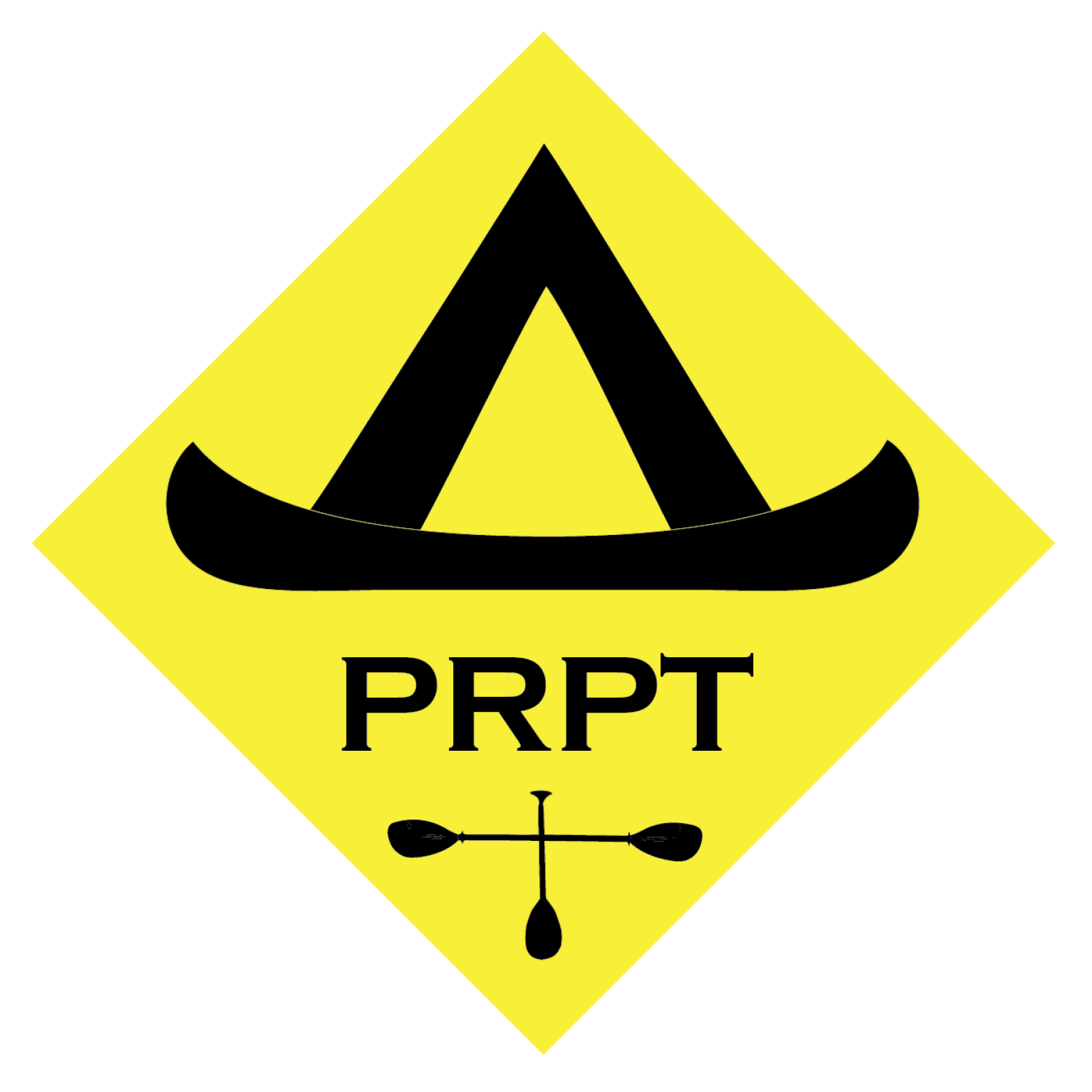Penobscot River Paddling Trail
Laws & Etiquette
The Penobscot River is a rich ecological and recreational resource bordered by working forests, farms, and private lands. The campsites established along the Penobscot River are made possible through the generosity of private landowners, who may withdraw the privilege at any time. The long-term success of this unique partnership depends on the responsible participation of all trail users. Please follow these guidelines:
Laws
Anglers: Maine fishing laws are subject to change year by year. A valid license and updated knowledge of laws are necessary. You are responsible for following all angling rules and regulations.
Please note: All islands in the Penobscot belong to the Penobscot Nation. Unauthorized access is illegal. Permission is required to land.
Support Trail Development and Stewardship
Consider making a donation. Campsites require annual maintenance to keep them safe for paddlers and to prevent damage to the environment. Click here to make a donation online today.
Volunteer. We need help maintaining campsites and access points.
On The Water
Share the river. Give anglers a wide berth, and be efficient while loading and unloading boats at busy access points.
Respect wildlife. Observe wildlife from a distance, and do not disturb nesting birds or basking turtles.
Prevent the spread of invasive exotic species. Clean and dry your boats and gear thoroughly between each trip.
At the Campsites
Respect private property. Use designated sites. All campsites have been provided through generosity of private landowners. Access is a privilege, not a right.
Access campsites from the river only. Land based access is prohibited unless indicated otherwise.
Limit your stay to no more than two nights per site. Campsites are designed for downriver trips, and this helps ensure there will be room for everyone.
Respect the landowner’s property and crops by staying within the designated campsite areas.
Note the campsite’s capacity. Generally, the maximum group size at river campsites is ten campers. However, many campsites are only suited for smaller groups.
Be mindful of campsite closures. Most campsites are only open from mid May to mid October. Others may be closed due to maintenance, by the wish of landowners, or due to abuse from users. Check the website for updates.
Leave No Trace
Leave each campsite in better shape than you found it. Carry out all trash you find at the site, including food waste, to keep the campsite clean and to avoid temptations for local wildlife.
Be careful where you walk. Protect the shore vegetation and the fragile soil it depends on by traveling on existing paths and hard surfaces. The roots of shore vegetation bind soil together and prevent erosion. Do not bushwhack through dense vegetation – and beware of poison ivy.
Use a portable stove for cooking. Fires are forbidden at most sites.
Dispose of human waste properly. Use the privies provided (bring your own toilet paper).
Wash away from the river. All washing should be done at least 75 feet from the river.
For Your Safety
Carry a map of the river with you. Know the location of dams and other hazards.
Check the river levels before your trip. Click here to view the latest data on river levels.
Use PFDs. PFDs save lives! Each boat must carry an approved personal life jacket for each person. State law requires children 10 years and younger to wear PFDs at all times.
Be prepared for cold water. Wear your life jacket, stay fueled and hydrated, avoid cotton, pack extra layers in a dry bag, and know the symptoms and treatment for hypothermia.
Always secure your boat. Don’t simply “beach” it. River flows are affected by operations at dams, and water levels can fluctuate several feet without warning.
Be careful near dams. Buoys may not be present early or late in the season. Be aware of strong and changing currents.
Watch for poison ivy. Wash immediately using soap and water, or, even better, bring products like Technu to protect yourself.
Don’t drink untreated river water. Bring your own water, or plan to filter or boil river water before use.
In an emergency, call 911.
